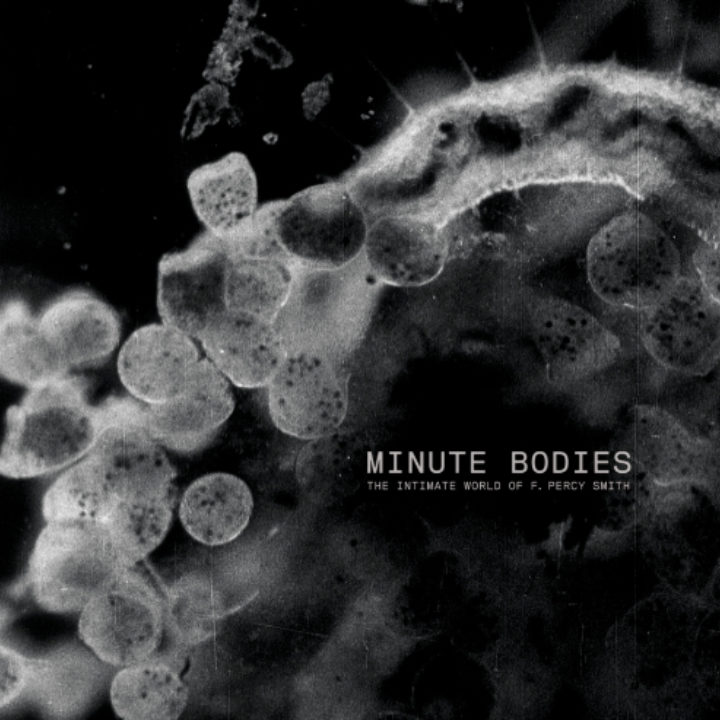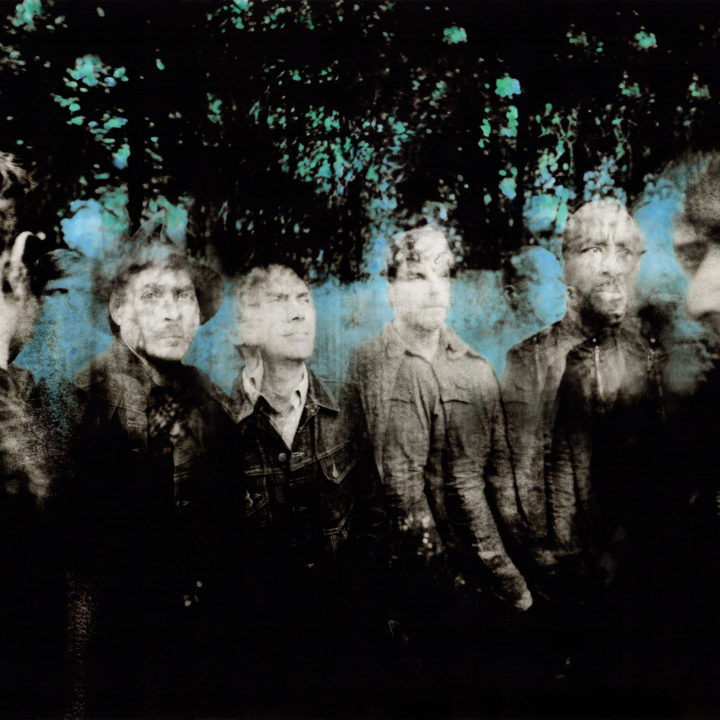Tindersticks
Biography
Before lockdown halted their tour in early 2020, singer Stuart Staples was already nurturing seeds for a different kind of Tindersticks album. If 2019’s No Treasure but Hope saw these mavens of intimate, expansive mood song rediscovering themselves as a unit, the follow-up reconfigures that unit so that everything familiar about Tindersticks sounds fresh again. Released through City Slang on February 19th, Distractions is an album of subtle realignments and connections from a restless, intuitive band: rich in texture and atmosphere, it lives between its open spaces and filigree details, always finding new ways to connect with a song.
If it’s an album that resists easy summation, at least one thing is clear: though it isn’t untouched by the lockdown, Distractions is not ‘a lockdown album’. As Staples says, “I think the confinement provided an opportunity for something that was already happening. It is definitely a part of the album, but not a reaction to it.”
More pertinently, the album has an element of reaction to its predecessor. For Staples, the intention with No Treasure… had been to shift the focus from his studio sound to the bandmates as they sought new ways to approach known song structures from within familiar band dynamics. For Distractions, those dynamics shifted. “It was the opposite of No Treasure but Hope in the sense that everybody in the band used their musicality in a different way,” says Staples, “and we ended up in a different kind of shape.”
That “open, free-flowing” shape is instantly evident on the opener,Tindersticks’ longest song yet. “Man Alone (Can’t Stop the Fadin’)” rides a hypnotic bass pulse with Staples’ mantric vocals layered on top: teasing out the nuances from repetition, it leaves behind conventional song structure to create its own space.
In a sharp left swerve, “I Imagine You” is a still, spectral invocation, part-inspired by a recording of David Coulter on the musical saw yet steered to its own tune. As Staples puts it, “I think it’s a song from down the back of a sofa, disappearing down there, losing a sense of connectivity to the world".
If the lean settings help the song’s feelings to resonate, the same goes for a soft, soulful cover of Neil Young’s “A Man Needs a Maid”. Described by Staples as “unfinished business” for the band – Tindersticks had circled it for about 10 years – Young’s 1972 classic breathes anew in the combination of Tindersticks’ sparing arrangement and Gina Foster’s aching harmonies. Another song the band had flirted with for some time is “The Lady with the Braid” by Dory Previn, a singer Staples discovered at secondary school on the seemingly unlikely recommendation of an English teacher interested in Staples’ love of Joy Division. The tip turned out to be a prescient one, as Staples’ subtle vocal allies with a developed arrangement to take bruised ownership of the song’s quiet desperation.
Also reaching back decades, a cover of Television Personalities’ “You’ll Have to Scream Louder” links Staples’ love of the band’s 1984 album, The Painted Word, to modern causes of anger. Reflecting on the political inequities (racial, gender-based and beyond) of the ’80s, Staples found old frustrations re-emerging. “My anger was about thinking: could these things really happen again? You thought progress was made… I don’t mean it was over but that things had shifted. But it felt as though we were back in the same place".
Another kind of pain haunts the album’s third original, “Tue-Moi”, a reflection on the 2015 terrorist atrocity at the Bataclan. Dan McKinna’s Rachmaninoff-inspired piano provides a tender backdrop to the song’s lament, sung – as Staples felt was needed – in French. “That whole time hit me hard,” he explains. “Just knowing the smell of the place, how it feels to be on stage there, made me feel very close to it.”
Finally, a different connection underpins the lengthy “The Bough Bends”, which brings the album full circle. As much exhalation as song, it opens with the sound of bird song and travels far: from its quiet opening reverie to a fraught guitar break and a hint of finality, it ties the album’s threads together with an instinctive delicacy.
Staples provided the guitar solo rather than band guitarist Neil Fraser, reflecting the shake-up in band roles that keeps the album alive. Even by the standards of these most selflessly attentive of players, the result is a minimalist album, where every detail earns its place. Those details took seed from January-June 2020, before the band reconvened at Staples’ studio to scrutinise and develop them.
Completed in September, the result is both a knights move for the band and an album that upholds a career-long commitment to interior exploration. If the symphonic ruminations of Tindersticks’ three 1993-7 albums established them as trend-averse explorers of dusky depth and tremendous reach, Simple Pleasure (1999) and Can Our Love… (2001) proved them equally adept at exploring contrasting textures within tighter contexts. After 2003’s twinkling Waiting for the Moon, and an emotionally generous live performance of their second album in 2006, the band said farewell to three old bandmates, leaving the trio of Staples, Fraser and keyboardist/multi-instrumentalist David Boulter to start again. McKinna (multi-instrumentalist) and Thomas Belhom (drums) joined for the warming rebirth of The Hungry Saw (2008), before Earl Harvin took over on drums for the increasingly confident Falling Down a Mountain (2010) and The Something Rain (2012).
With the band line-up solidified, recent work has equipped Tindersticks’ inquisitive fervour with fertile focus. Between compositions for the First World War commemorations (Ypres, 2014) and F Percy Smith’s microscopic movies (Minute Bodies, 2017), 2016’s The Waiting Room crackled with global sounds. Staples has since delivered a solo album (Arrhythmia, 2018) and the soundtrack to Claire Denis’ science-fiction film High Life, strengthening the band’s long-term ties to the filmmaker.
When Staples returned to Tindersticks for No Treasure but Hope, he brought with him “a deep sense of responsibility” for both the band and the philosophy behind their mid-2000s rebirth: a nostalgia-free determination to keep looking forward. That drive remains emphatically intact on Distractions, the sound of a band ever-ready to stretch themselves.
Pre-order the limited dark blue / black record below!
Tour Dates
Releases

Tindersticks

Tindersticks

Tindersticks

Tindersticks

Tindersticks




